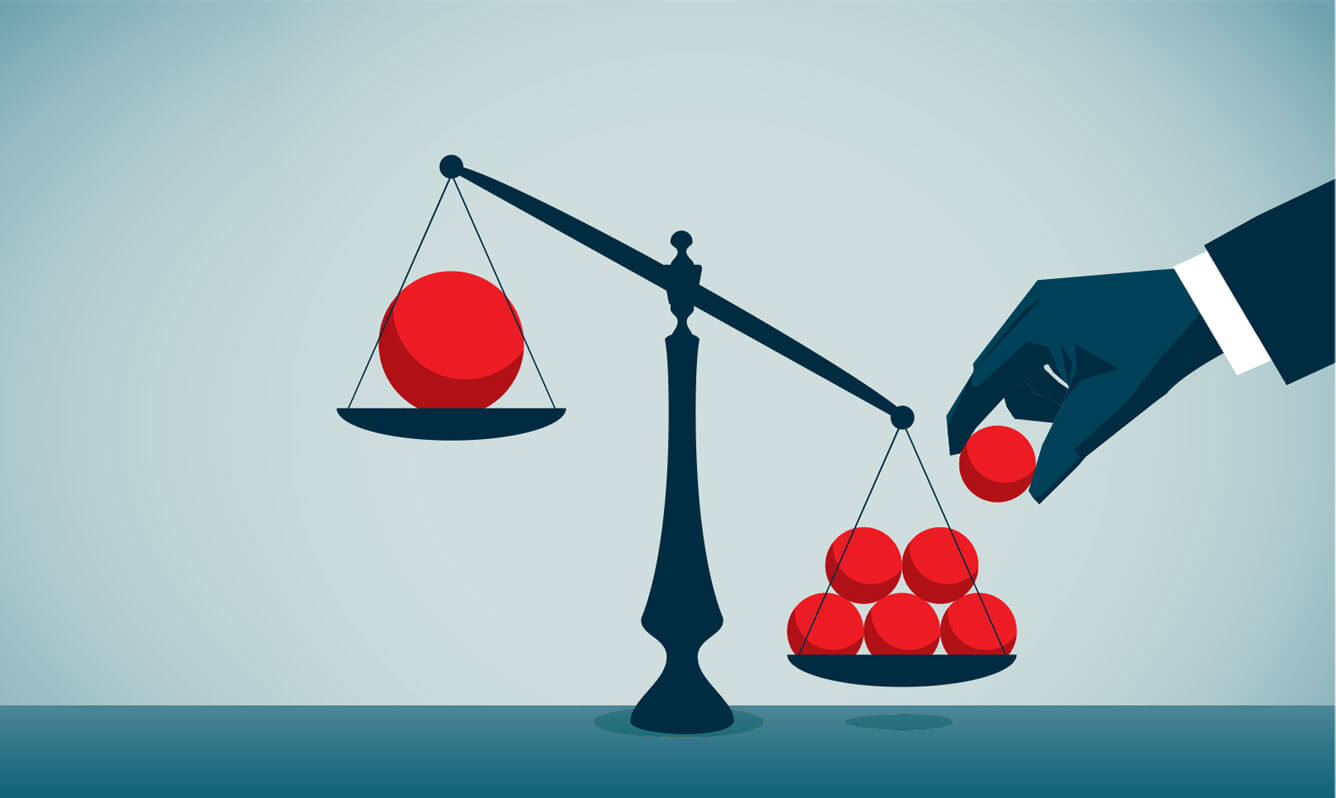access to justice
Regulating the Practice of Law and the Administration of Justice
Holding lawyers and judges to their professional obligations is a key part of ensuring the fair administration of justice. Unlike some states that have full-time staff to handle complaints against lawyers and judges, in New Jersey, volunteer committees often begin the process of reviewing claims of misconduct. These committees include District Ethics Committees, which investigate, prosecute, and conduct hearings arising from grievances filed against lawyers; District Fee Arbitration Committees, which arbitrate fee disputes between attorneys and clients; and the Advisory Committee on Judicial Conduct, which investigates allegations of unethical judicial conduct and refers to the New Jersey Supreme Court those matters that the committee concludes demand public disciplinary action.
Half a dozen Lowenstein attorneys spent more than 700 hours serving on these volunteer committees in 2019. Committee members are responsible for investigating allegations of wrongdoing, conducting legal research on ethics issues, and drafting written recommendations on proposed outcomes in individual cases. This pro bono service fills a critical gap in the state’s disciplinary systems and helps protect the integrity of the legal profession and the state courts.
